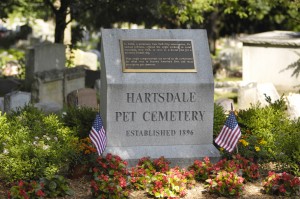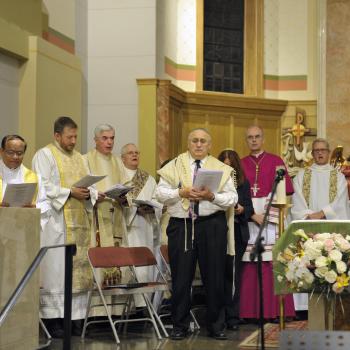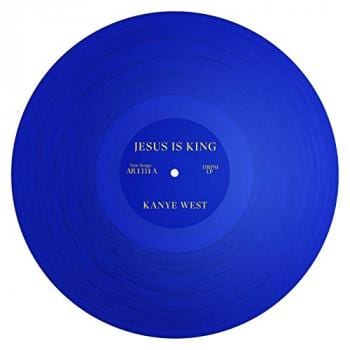Photo: from Harstdale Pet Cemetery website
From The New York Times:
In December, Pope Francis got the attention of pet owners everywhere when he was quoted as saying, “Paradise is open to all of God’s creatures.” Alas, media outlets, including The New York Times, confused the remarks and the circumstances under which they were made. The pope had actually made a broader comment about heaven during an event in November. The quotation itself was reportedly taken from remarks made years ago by Pope Paul VI.
Still, the attention led to renewed interest in a longstanding theological discussion about pets and the afterlife. Questions about the religious status of animals have always been with us; popular theology refuses to deny animals their souls. Our sense of spiritual kinship is already latent in the bootees and little sweaters we buy our pets, and the sidewalk baby talk with which we embarrass ourselves, and perhaps them. Consider how we treat our pets in death.
“Today, there are nearly 600 functioning pet cemeteries in the United States,” Amy Defibaugh, a Temple University graduate student, said recently at the American Academy of Religion conference in San Diego. She was delivering a paper titled “Toward the Weeping Willow: An Examination of the Dying and Death of Companion Animals.”
Beginning in the 19th century as a largely urban phenomenon, “pet cemeteries have become and continue to be a viable and significant option for the practical disposal of the bodies of our companion animals,” Ms. Defibaugh said, “as well as creating and preserving a sense of sacredness in their death.”
She cited the research of an anthropologist, Stanley Brandes of the University of California, Berkeley, who in a 2009 article, “The Meaning of American Pet Cemetery Gravestones,” noted the “definite and growing tendency for owners to link these creatures to specific religious communities.”












